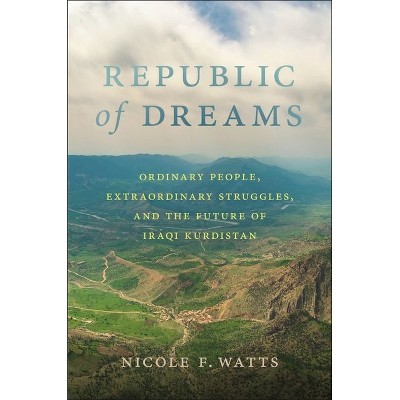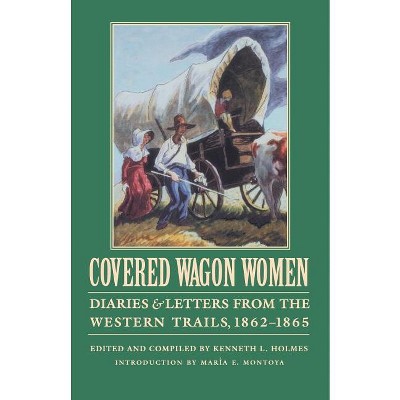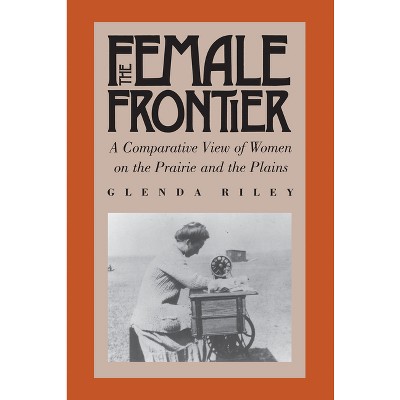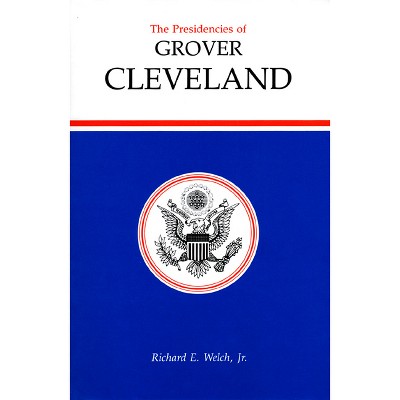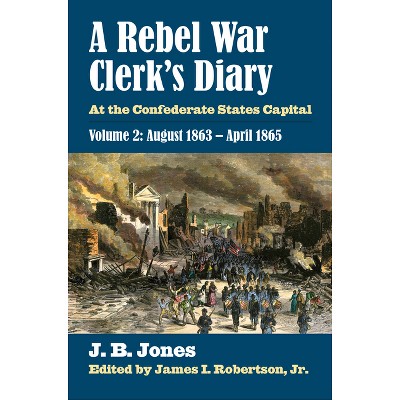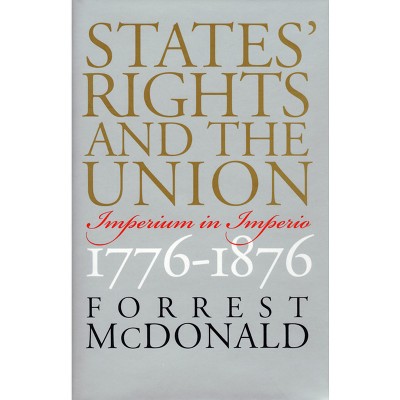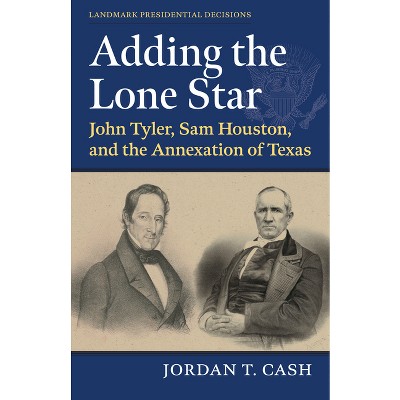Sponsored

Translating Property - by Maria E Montoya
In Stock
Sponsored
About this item
Highlights
- When American settlers arrived in the southwestern borderlands, they assumed that the land was unencumbered by property claims.
- Author(s): Maria E Montoya
- 299 Pages
- History, United States
Description
About the Book
A history of land conflicts and legal cultures in the way the West was won. The story takes place in New Mexico, as it evolved from a Mexican colony to a U.S., territory. The author shows how ideas about land, ownership, and rights clashed in this transition from a legal culture based on pre-industrial norms to the modern market system of the U.S.Book Synopsis
When American settlers arrived in the southwestern borderlands, they assumed that the land was unencumbered by property claims. But, as María Montoya shows, the Southwest was no empty quarter simply waiting to be parceled up.
Although Anglo farmers claimed absolute rights under the Homestead Act, their claims were contested by Native Americans who had lived on the land for generations, Mexican magnates like Lucien Maxwell who controlled vast parcels under grants from Mexican governors, and foreign companies who thought they had purchased open land. The result was that the Southwest inevitably became a battleground between land regimes with radically different cultural concepts.
The struggle over the Maxwell Land Grant, a 1.7-million-acre tract straddling New Mexico and Colorado, demonstrates how contending parties reinterpreted the meaning of property to uphold their claims to the land. Montoya reveals how those claims, with their deep historical and racial roots, have been addressed to the satisfaction of some and the bitter frustration of others.
Translating Property describes how European and American investors effectively mistranslated prior property regimes into new rules that worked to their own advantage--and against those who had lived on the land previously. Montoya explores the legal, political, and cultural battles that swept across the Southwest as this land was drawn into world market systems. She shows that these legal issues still have real meaning for thousands of Mexican Americans who continue to fight for land granted to their families before the Treaty of Guadalupe Hidalgo, or for continuing communal access to land now claimed by others.
This new edition of Montoya's book brings the land grant controversy up to date. A year after its original publication, the Colorado Supreme Court tried once more to translate Mexican property ideals into the U.S. system of legal rights; and in 2004 the Government Accounting Office issued the federal government's most comprehensive effort to sort out the tangled history of land rights, concluding that Congress was under no obligation to compensate heirs of land grants.
Montoya recaps these recent developments, further expanding our understanding of the battles over property rights and the persistence of inequality in the Southwest.
From the Back Cover
""Translating Property is a very important and timely contribution to the historiography of the American West. It is a splendid study of the role of U.S. courts in consolidating colonialism, explicated through highly textured and nuanced narrative, and supported by reams of fastidious historical research. Translating Property is one of the finest examples of historical prose I have read, extending our understanding of the racial and gender aspects of law. This is the historian's craft at its best."--Ramon Gutierrez, author of "When Jesus Came the Corn Mothers Went Away""Translating Property is a unique and important contribution to the history of the American West and to Chicano History, both in situating the land grant and its people in the context of the rise of global capitalism and European imperialism, and in recognizing the complexity and multiplicity of ethnic and racial divisions and unities"--Sarah Deutsch, author of "Women and the City: Gender, Space and Power in Boston (1870-1940) and "No Separate Refuge: Culture, Class and Gender on an Anglo-Hispanic Frontier in the American Southwest (1880-1940)
Review Quotes
"A wonderful addition to the often ignored, yet tremendously important New Mexico land grant history."--Western Historical Quarterly
"A splendid study of the role of U.S. courts in consolidating colonialism. . . . This is the historian's craft at its best."--Ramón Gutiérrez, author of When Jesus Came, the Corn Mothers Went Away
"A unique and important contribution to the history of the American West and to Chicano history."--Sarah Deutsch, author of No Separate Refuge: Culture, Class, and Gender on an Anglo-Hispanic Frontier in the American Southwest, 1880-1940
Shipping details
Return details
Frequently bought together
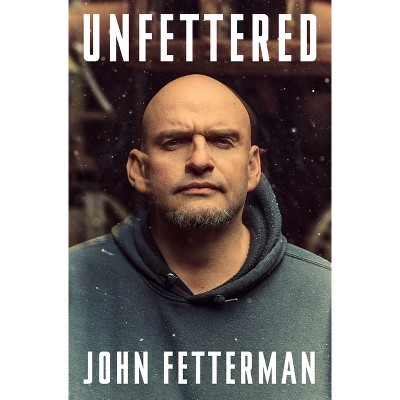
Trending Non-Fiction






